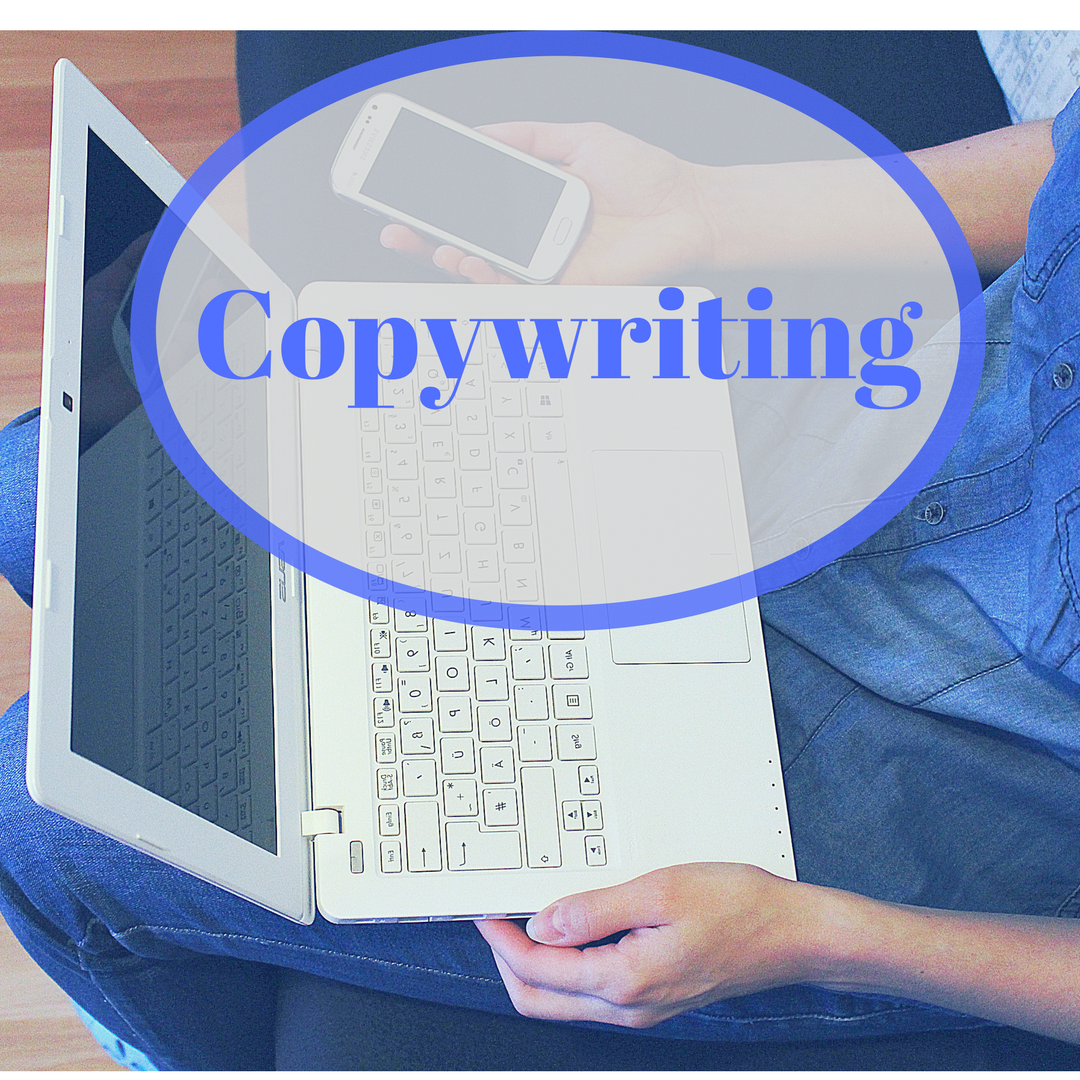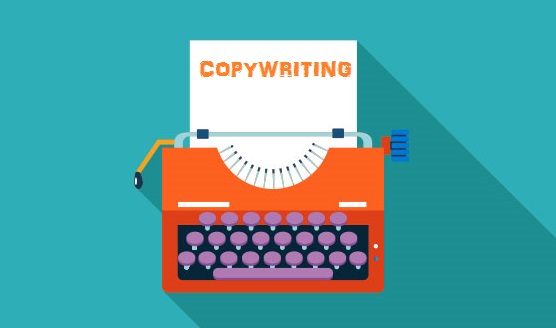Normally, when you search for a definition, you are looking for a way to narrow a term or concept. But the more I read about copywriting, the broader my understanding of copywriting becomes.
Copywriting is a boundless genre with limitless applications. Every time I bump into another copywriter and we swap writing stories, I am amazed at the uniqueness of his or her experience. I think to myself, “What a great idea! I’ll have to try that!”
The same happens when I “meet” another copywriter through reading their book.
Here are four books that fueled my copywriting imagination:
Writers for Hire: 101 Secrets for Freelance Success by Kelly James Enger. This book takes you step-by-step into the journey of freelancing. Most of the freelancing examples from the book are related to magazine article writing, but the concepts were useful for copywriting as well. Kelly emphasizes a personal touch by giving thank you notes to those she interviews, and she stresses the importance of keeping up on the business end of your writing life with invoices and paperwork.
Building a Storybrand: Clarify Your Message So Customers Will Listen by Donald Miller. People don’t really read emails or websites. They skim them. It’s not facts and figures that capture a skimmers attention. Storytelling captures attention. Donald Miller teaches you the simple elements of storytelling and applies them to business copywriting so you can catch the attention of customers and consumers and inspire them to participate in the call to action. Brilliant.
How to Write Copy That Sells: The Step-by-Step System for More Sales, to More Customers, More Often by Ray Edwards. This book is very practical with how-tos and templates for emails, websites, direct mail, and more. Includes tips and guidelines for social media posts as well which is an often overlooked area of copywriting.
102 Ways to Earn Money Writing 1,500 Words or Less: The Ultimate Freelancer’s Guide by I.J. Schecter. This book opened my eyes to unique writing possibilities that I never would have noticed otherwise. Wherever there are words, someone was paid to write them. My kids get tired of me saying it, but whenever they read a billboard or the bag that contains their fast food meal, I say, “Someone was paid to write that, you know.”
Sigh.
“Yes. We KNOW, Mom!”
Also, don’t be shy at initiating to ask if a business needs a copywriter. Even a big company. Send out an email describing your experience and your interest in writing about their service or product. The worse that can happen is… nothing. They never write back. The best case scenario? You land an awesome copywriting gig.
You don’t have to write fiction to be a creative writer. Open your eyes and take a look around you. What words are needed? Could you be the one to write them? Search #copywriter on Twitter and ask what kind of copywriting others do. Meet new people. Share your stories. Inspire each other to use your imagination.
Rachel Schmoyer is a pastor’s wife, mom of four, and a copywriter. She also helps Christians find the simple truths in the complex parts of the Bible at readthehardparts.com. Her other writings and publishing credits can be found on rachelschmoyerwrites.com.







2 Comments
These look like helpful books. Thanks for sharing, Rachel.
The worst that can happen is nothing.